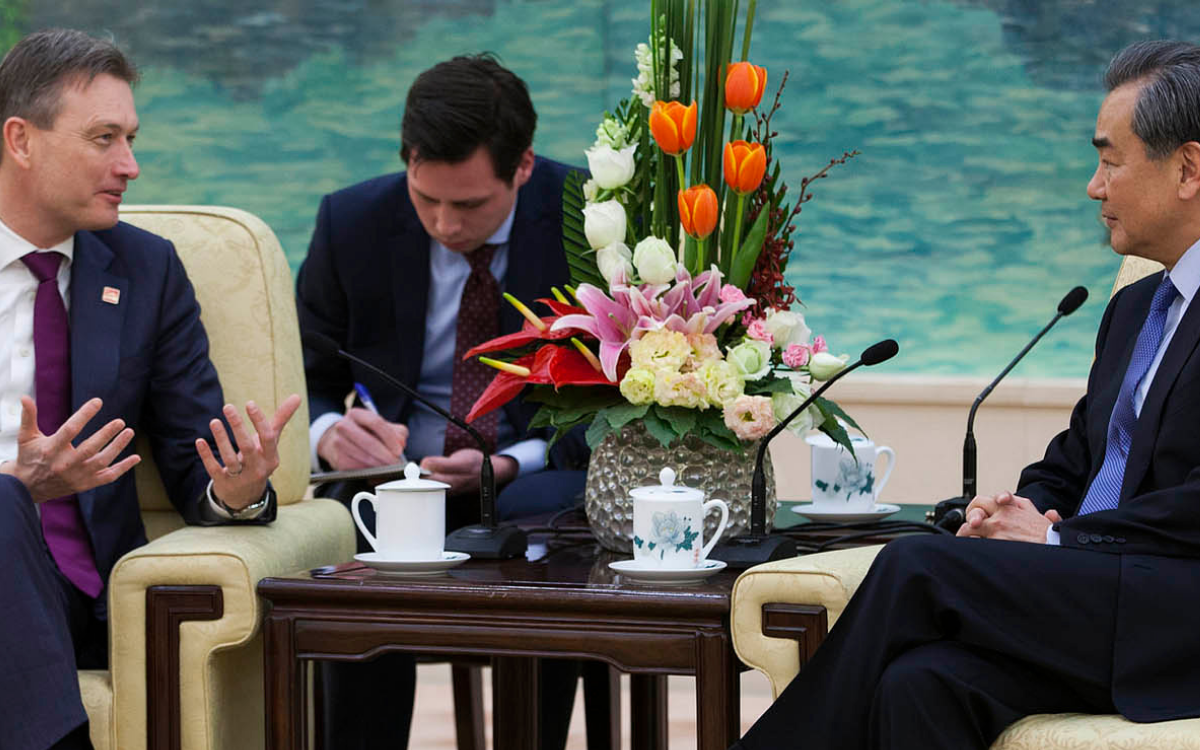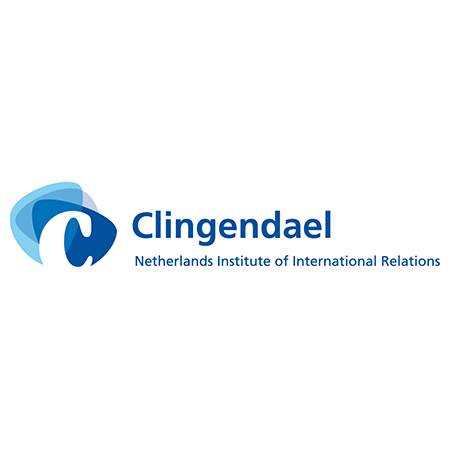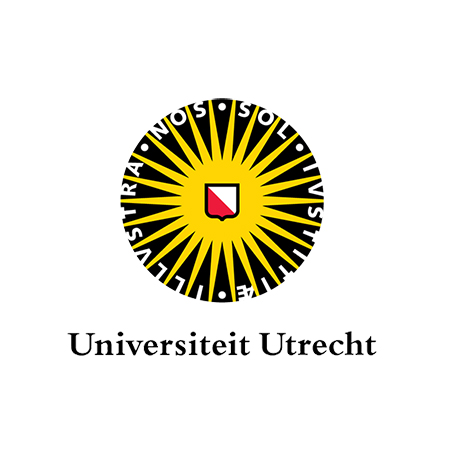Europe and China

In 2016, the Leiden Asia Centre conducted a research project on China and the Netherlands. The focus of the project was the increasing impact of Chinese students, tourists and companies on the economy and society of the Netherlands. Chinese are the second-largest nationality among foreign students in Dutch higher education. Every year, about 250,000 Chinese tourists visit. Chinese investments are rapidly rising, including some very large takeovers, particularly in the past few years. As there was very little existing literature at the time, the project was explorative and mainly descriptive in nature with a view to provide information to Dutch stakeholders. With the information from the reports on our project we are now in a position to propose a new project with a broader scope and sharpened focus.
AIM
This follow up project will consist of two different sub-projects that will be carried out simultaneously, namely:
- Strategic impact of Chinese investment in Europe
- Impact of China on research, innovation and academic freedom in Europe
The Chinese Communist Party is again tightening its grip over China’s political system and society. In addition, there are indications that the engagement of Chinese institutions and individuals with foreign partners is increasingly tied into a strategic approach coordinated by the authorities in Beijing. Understanding the scope, inclusiveness, objectives and further development of this vision is urgently needed in Europe, if we are to develop an adequate response to China’s impact on our continent. It will not suffice to state that we should or should not be worried and conclude that we should either try to close the door on China or, alternatively, not interfere and let things take their own course. Either response is based on preconceptions and a lack of an empirically grounded understanding of the nature of China’s strategic vision of Europe. This project aimed to conduct the research needed to provide this understanding.
The general questions that inform this project are:
- What are the objectives, scope and strategy behind the attempts of the authorities in Beijing to tie together the multiple engagements of China and Europe?
- To what extent is this strategy effectively implemented?
- To what extent are the interests of the EU and European stakeholders aligned or not aligned with the objectives of the emerging Chinese plan for engagement with Europe?
- What measures can the EU and European stakeholders take to maximize the benefits and minimize the liabilities of their engagement with China’s European strategy?
REPORTS
The projects were carried out simultaneously and eventually led to joint publications and dissemination events. To access the reports, please see the links on the right side of this page.
PARTNERS
[:en]In 2016, the Leiden Asia Centre conducted a research project on China and the Netherlands. The focus of the project was the increasing impact of Chinese students, tourists and companies on the economy and society of the Netherlands. Chinese are the second-largest nationality among foreign students in Dutch higher education. Every year, about 250,000 Chinese tourists visit. Chinese investments are rapidly rising, including some very large takeovers, particularly in the past few years. As there was very little existing literature at the time, the project was explorative and mainly descriptive in nature with a view to provide information to Dutch stakeholders. With the information from the reports on our project we are now in a position to propose a new project with a broader scope and sharpened focus.
AIM
This follow up project will consist of two different sub-projects that will be carried out simultaneously, namely:
- Strategic impact of Chinese investment in Europe
- Impact of China on research, innovation and academic freedom in Europe
The Chinese Communist Party is again tightening its grip over China’s political system and society. In addition, there are indications that the engagement of Chinese institutions and individuals with foreign partners is increasingly tied into a strategic approach coordinated by the authorities in Beijing. Understanding the scope, inclusiveness, objectives and further development of this vision is urgently needed in Europe, if we are to develop an adequate response to China’s impact on our continent. It will not suffice to state that we should or should not be worried and conclude that we should either try to close the door on China or, alternatively, not interfere and let things take their own course. Either response is based on preconceptions and a lack of an empirically grounded understanding of the nature of China’s strategic vision of Europe. This project aims to conduct the research needed to provide this understanding.
The general questions that inform this project are:
- What are the objectives, scope and strategy behind the attempts of the authorities in Beijing to tie together the multiple engagements of China and Europe?
- To what extent is this strategy effectively implemented?
- To what extent are the interests of the EU and European stakeholders aligned or not aligned with the objectives of the emerging Chinese plan for engagement with Europe?
- What measures can the EU and European stakeholders take to maximize the benefits and minimize the liabilities of their engagement with China’s European strategy?
The sub-projects will each have their own research questions, approach, staff, stakeholder sounding board and budget, all of which will be described in more detail below. The projects will be carried out simultaneously and at the end of the project will lead to joint publications and dissemination events. Research will be conducted between January and June 2018. Reports will be written in July and August 2018 for presentation and dissemination as publications and through a public conference and several closed stakeholder events in September 2018.
DURATION
January 2018 – September 2018
RESEARCHERS
Part 1:
Prof. dr. Frank Pieke
Frans-Paul van der Putten (Clingendael)
Matt Ferchen
Tianmu Hong
Jurriaan de Blécourt
Part 2:
Prof. dr. Frank Pieke
Annemarie Montulet (KNAW)
Ingrid D’Hooghe
David Pho (University of Twente)
Marijn de Wolff
Joris van Schie (intern)



